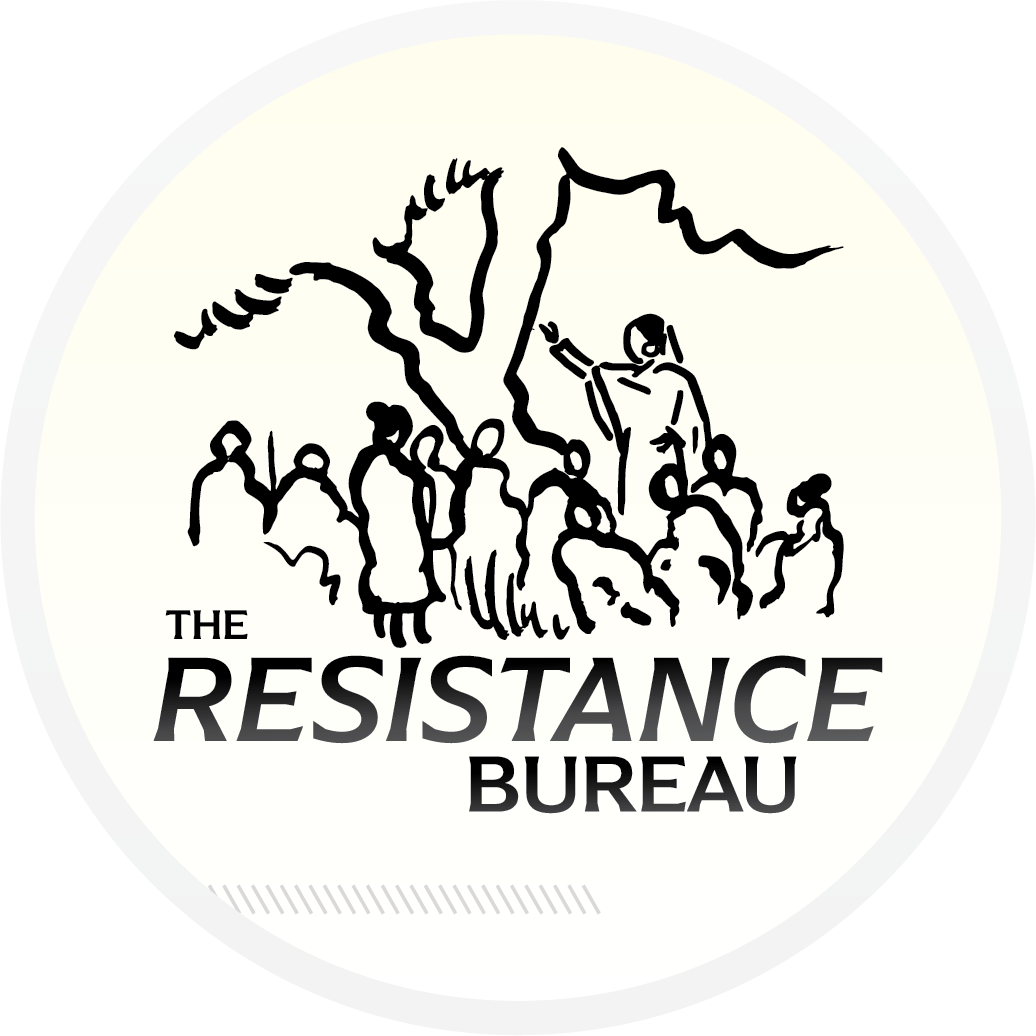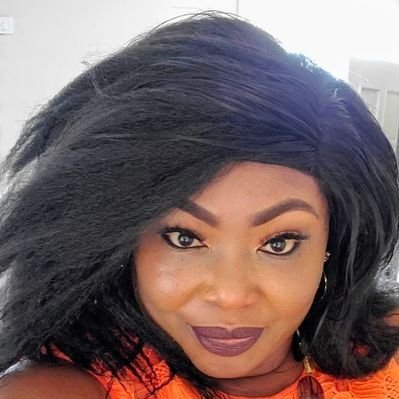Twitter Space: The Road to Sierra Leone's Election
Thursday, 8 June 2023
12pm Washington D.C.
5pm London / Lagos / Kinshasa
6pm Paris / Cape Town / Cairo
7pm NairobiSierra Leone heads to the polls on 24 June, a significant test for the country's fledgling democracy. Having made an impressive transition to multiparty politics after years of violent conflict -- including becoming one of the small number of African states to achieve two peaceful transfers of power at the ballot box -- this year’s elections have sparked controversy.
Amid growing economic challenges and rising popular anger, President Julius Maada Bio unilaterally changed the electoral system for the legislature from a first-past-the-post model to a system of proportional representation. While the government claims that this new system will be more fair, the last minute nature of the shift, which did not include popular consultation, has led to accusations that the system has now been changed to make it harder to detect electoral manipulation.
This is particularly worrying for Sierra Leone since economic and political protests often have deadly consequences. Although the country has been largely peaceful since the reintroduction of multiparty politics, anti-government protests -- largely driven by the rising costs of living -- have led to scores of deaths among both protesters and police.
Against this backdrop, the country would benefit from a credible election process, including a set of results that are accepted by all parties. Achieving this outcome will be complicated given the close and often contested nature of elections. As in 2018, the Sierra Leone People’s Party is competing against the All People’s Congress, led once again by Samura Kamara. And as in 2018, the election seems likely to be tight, with a strong possibility that no candidate will secure the 55% threshold that is required to win outright in the first round to avoid a second round of voting.
To explore the many key issues animating this election, as well as the threats to credible elections and peace, we have convened a cross-section of activists, writers, and election specialists for an 8 June Twitter Space. Join us to hear the latest and have your say on how the elections might unfold.
Meet our speakers
Marcella Samba Sasay
Marcella Samba Sasay is a dynamic civil society activist who has long been committed to making democracy work in Sierra Leone. She holds multiple leadership positions in the country today, including as executive director of the Campaign for Good Governance while also serving as chairperson of National Elections Watch.
Diaka Salena Koroma
Diaka Salena Koroma is a vibrant human rights rights activist and social entrepreneur from Freetown, Sierra Leone. She is involved in an array initiatives at home and globally, including as a climate activist and as the executive director and founder of Girlz Empowered Sierra Leone, a youth-led movement that works to end FGM and gender based violence.
Mariatu Esther Kabba
Mariatu Kabba is a leading voice in Sierra Leone where she promotes equality and strengthens the freedoms enjoyed by her fellow citizens. She is a journalist and a 2021 Mandela Washington Fellow who has been recognized as one of the 50 Most Influential Women in the country. She wears many leadership hats, including as a media action mentor at the BBC and is the co-founder and chief executive director of Strong Women Strong Girls Sierra Leone.
Ishmael Beah
Ishmael Beah is a prominent author and human rights activist from Sierra Leone. His debut memoir, A Long Way Gone, was an international bestseller that has since been published in over forty languages. Since 2007, he has been a UNICEF Goodwill Ambassador, and also serves on the Children’s Rights Advisory Committee at Human Rights Watch. Follow on Twitter: @IshmaelBeah
David Harris
David Harris is an associate professor at the University of Bradford where he specializes in West African politics, and is currently an editorial board member of the Journal of Sierra Leone Studies. Widely recognized as one of the leading researchers on the country, David recently wrote the book, Sierra Leone: A Political History, in addition to numerous other articles on elections in Sierra Leone and Liberia.
Moderation
Mantate Mlotshwa
Mantate Mlotshwa is a passionate advocate for the meaningful contribution of women and youth to democracy and governance processes. The Founder of the creative brand U Motle, she has earned a reputation for speaking her mind and promoting positive messages of liberation and emancipation in Zimbabwe and beyond.
Nic Cheeseman
Nic Cheeseman is the Professor of Democracy and the Director of the Centre for Elections Democracy Accountability and Representation (CEDAR) at the University of Birmingham. As well as the author of Democracy in Africa and How to Rig an Election, he is the editor of Democracy in Africa, a columnist for Africa Today and the Mail&Guardian, a contributing editor to The Continent, and an election junkie.







